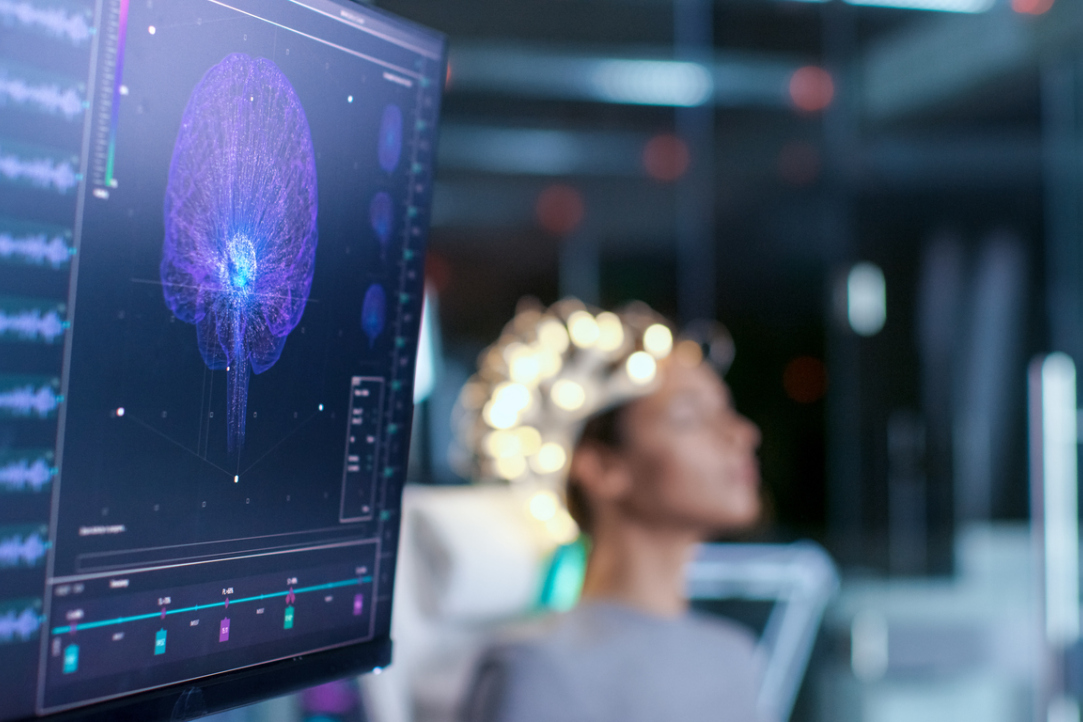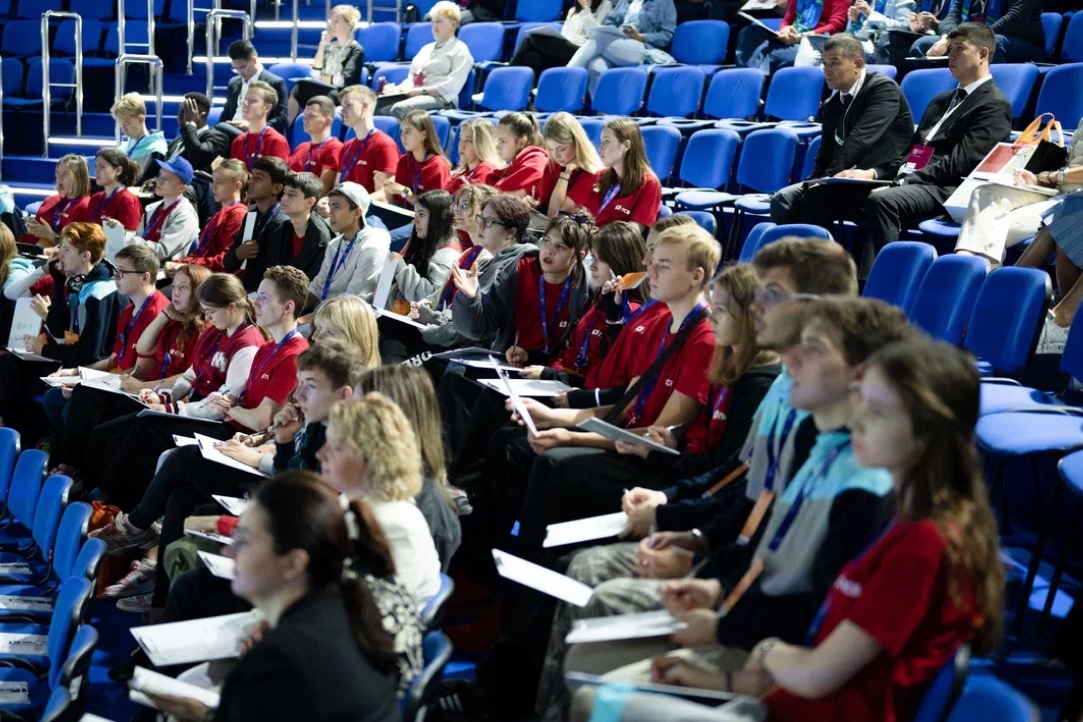At the end of August, 2025, a large-scale forum ‘Territory of the Future. Moscow 2030’ took place at the Museon Art Park, where students from different universities demonstrated their inventions and art installations. Graduates of the 2025 Master’s programme in Product and Industrial Design at HSE Art and Design School presented the first Russian autonomous flying robot, Belka, and medical equipment designed for disinfecting donated blood, Ance. They shared details of their projects with the HSE News Service.
















